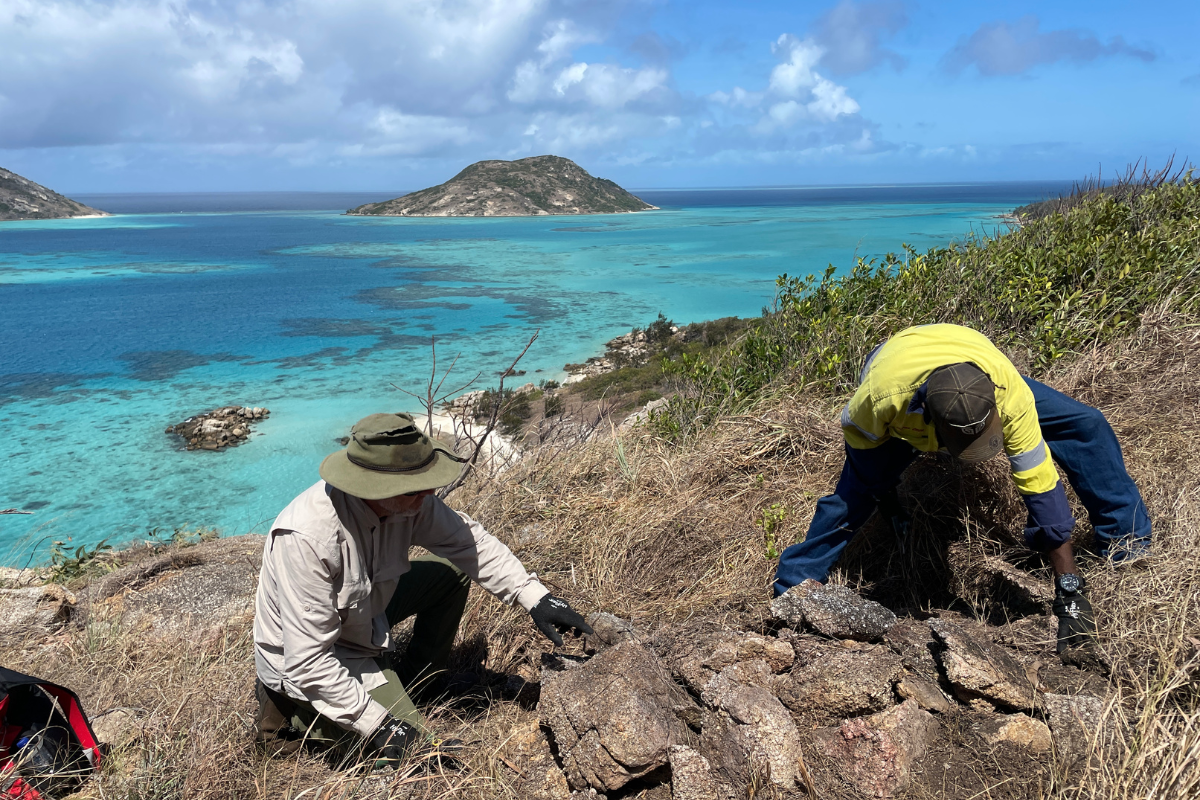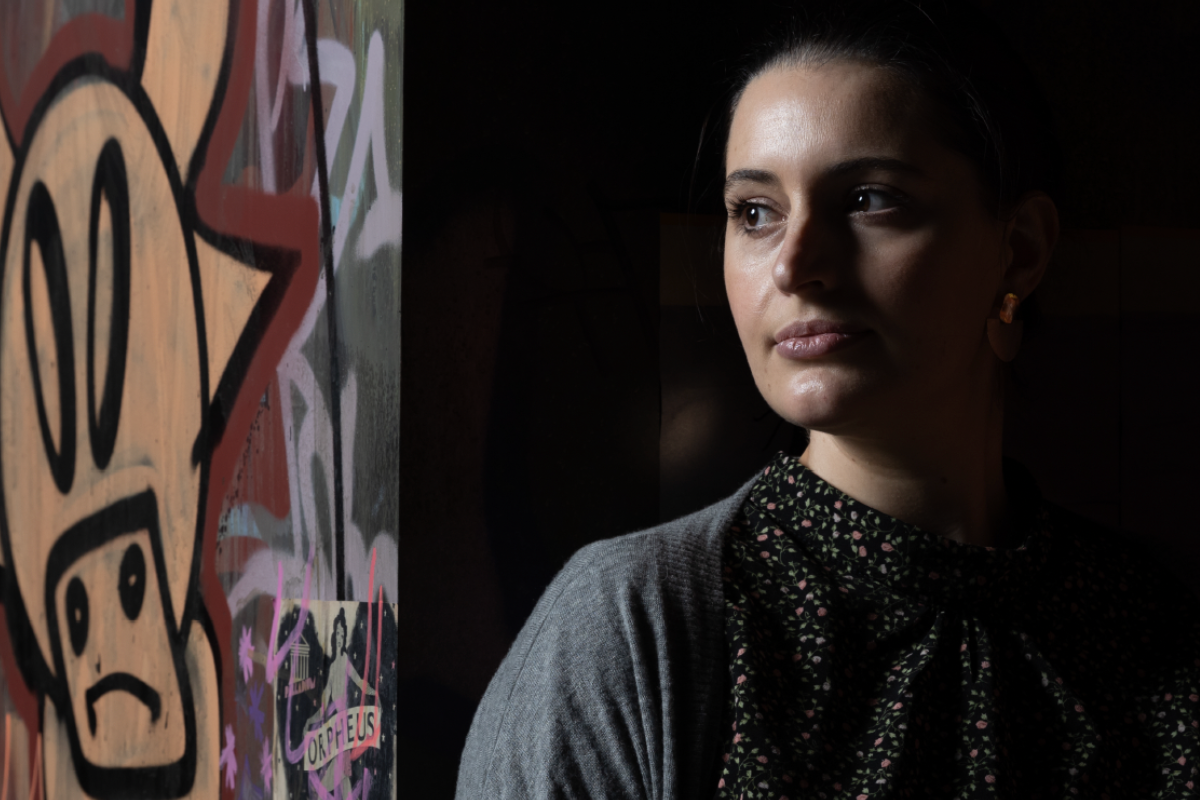
Placing women at the centre
As the winds of women’s liberation swirled across Australia during the 1970s, women historians began re-examining the national story. And what they found was largely a tale of men’s deeds, feats and adventures. As historian Marilyn Lake wrote:
“Though women gave birth to the population, only men it seemed could give birth to the imperishable political entity of the nation.”
Fuelled by a new political consciousness, feminist scholars reframed the story to place women at its centre. Ann Summers’ Damned Whores and God’s Police, which landed like a bomb in 1975, contended that the scholarship on colonial Australia had reduced women to one of two roles: prostitutes, or virtuous wives and mothers.
Other key books – such as Beverley Kingston’s 1975 My Wife, My Daughter and Poor Mary Ann and Edna Ryan’s and Anne Conlon’s 1975 Gentle Invaders, both chronicling the history of women’s work – also challenged conventional nation-building narratives. Miriam Dixson’s 1976 The Real Matilda questioned masculine constructions of national identity and argued that the degrading treatment of transported women helped to explain Australian society’s continuing misogyny.
Fresh lines of enquiry
These developments forged a new direction for Australian academics. History – both the stories and the craft underlying them – gained a new, feminised perspective. Universities began teaching women’s studies and women’s history courses.
While much of the early work focused on the social history of the convict era, fresh lines of inquiry, which mirrored ground-breaking research being undertaken overseas, were also opening up.
The work of pioneering scholars such as Ann Curthoys, Patricia Grimshaw, Marilyn Lake, Susan Magarey, Jill Julius Matthews and Lyndall Ryan were not only concerned with telling women’s stories, but in re-reading and rewriting all branches of history from a feminist viewpoint, and placing a new emphasis on cultural conditions and marginal people.
Feminist questions about gender, subjectivity and power drove Lake’s critical reappraisals of citizenship and feminist politics. Her work was powered by advances made by contemporary Australian feminist theorists such as Alison Bashford, Joy Damousi, Moira Gatens, Elizabeth Grosz and Angela Woollacott. Leading feminist scholars wrote about Indigenous women and cross-cultural encounters. The magisterial 1996 book Creating a Nation, by Grimshaw, Lake, Ann McGrath and Marion Quartly, paid particular attention to women and Indigenous Australians in its reworking of the colonisation story.
Feminist history: the next generation
Feminist history remains a dynamic and rich field of academic inquiry. A new generation of scholars continue to interrogate issues as broad ranging as organised women’s movements; consumerism and beauty; women’s productive and reproductive labour, including sex work; personal lives and sociability. New analyses of settler colonialism have pondered the complicity of white women or the complexity of intimate relations on the frontier. They continue to explore the variety of women’s experience and challenge the constitution of gender itself.
As Joy Damousi has argued:
“a ubiquitous presence … across a diverse range of historical fields has ensured the enduring significance of gender as a category of central importance”.
Its insights have informed imperial, transnational and environmental histories, and histories of emotions, family and sexuality, as well as gender and cultural studies. Many thousands of students in these fields have taken the central importance of gender to their lives and various professional domains.
The work of the pioneers of feminist history, and the remarkable researchers that followed them, has led to a much more complex, nuanced story, has enriched Australian history and deepened understanding of the national character, identity and experience. It also provides critical context for informing public policy approaches and tackling contemporary challenges including domestic abuse, workplace discrimination and the pay gap.



